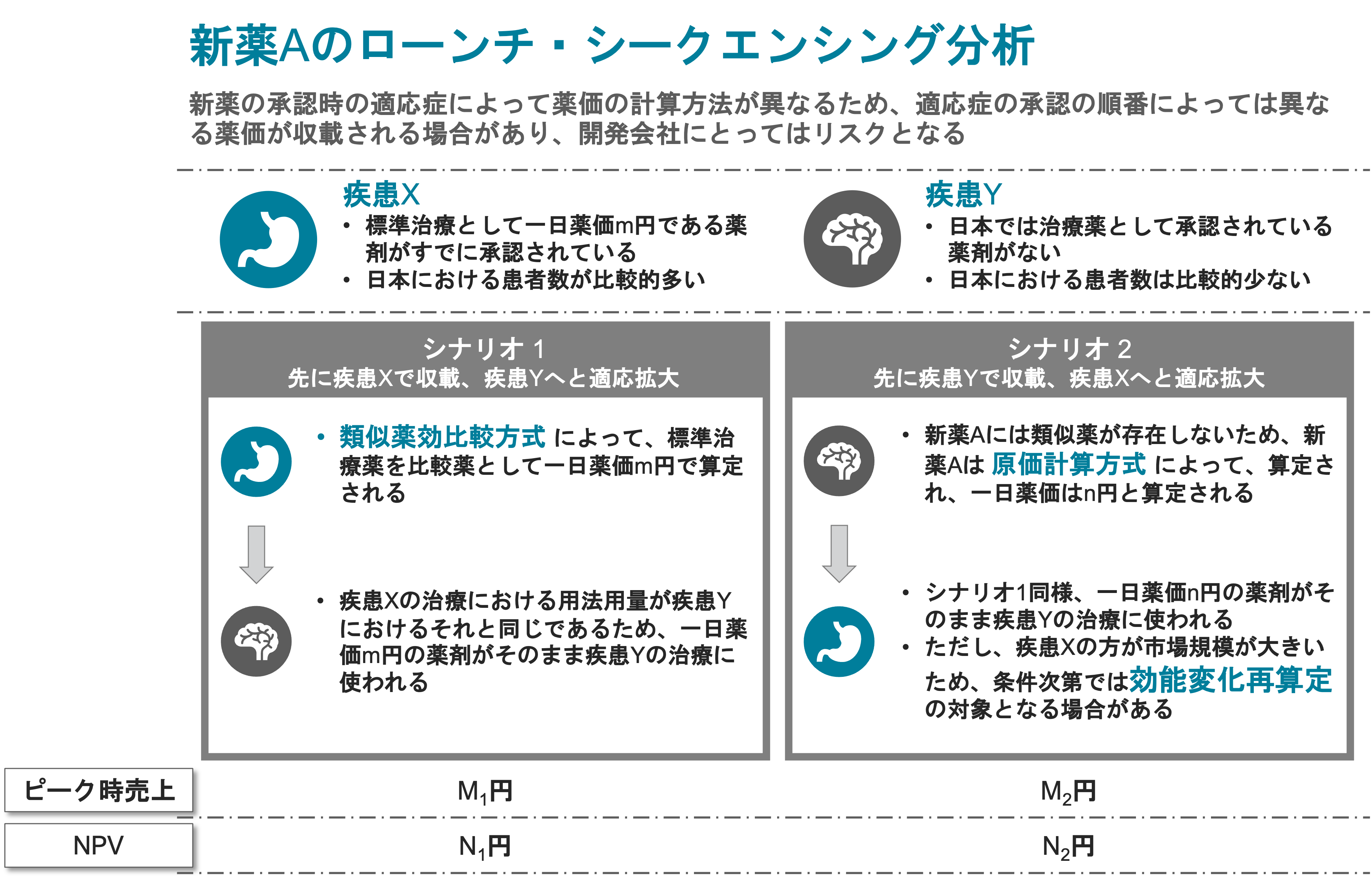How to Create an Effective Questionnair:
Preliminary research as a key attribute of good questionnaire development
To achieve sound results from your pharmaceutical market research and to generate a sales forecast you need to start from a solid base, which is primarily based on strategic survey design and methodology. Without expert input your questionnaire may contain questions that are difficult to understand, lead to biased answers and to nonsense outcomes. That’s why e-Projection develops and uses a customized structured interview guide with specific questions, and improves our proprietary techniques in order to obtain the information that our clients want and need from the KOLs.

It should be noted that we do not start by just writing questions for KOLs. The first step is to decide ‘what are the things one needs to get insights out of the KOL in order to meet the research’s objectives?’ In order to have an idea about the kind of information to be collected, we regard preliminary research as an essential step, in which additional help can be obtained from secondary data, literature and clinical guidelines. Such preliminary research provides assumptions regarding the clinical practice and the therapeutic market in Japan; what could be problems/ unmet medical needs in the current treatment practice in Japan, which existing treatment would be a comparator to determine the value of a new treatment, and what advantage of a new treatment against existing drug would be appreciated. A comprehensive preliminary research regarding the disease, market, and comparator will give a glimpse of reality that may help clarify ideas about what information is required.
Moderators must always be prepared to ask, “Is this question really needed?” The temptation to include questions without critically evaluating their contribution towards the achievement of the research is surprisingly strong while everyone knows the interview time is not unlimited. Further “redundant” questions might disguise the fact underlying the messages from interviewees; in listening to a number of similar questions, their minds are likely to wander. No question should be included unless the question is examined on the basis of preliminary research so that the answer contributes to insight generation.
Let’s think about the Japanese KOLs. They could be somehow authoritative (in a good way, of course). Sometimes, it could happen that the moderator’s lack of understanding encourages the KOL to give careless answers to the questions. Some of our clients have told us that they screwed up their own research because of such a typical failure and therefore came to e-Projection for advice in order to get insights from KOLs. Again, in-house expertise is extremely valuable. The moderator should have a deep understanding of the epidemiology, dynamics, trends and recent activities in the therapeutic area of expertise. This will enable not only relevant spontaneous probes to be asked but also inspire engagement with the KOL through demonstrating an understanding of the subject matter.

